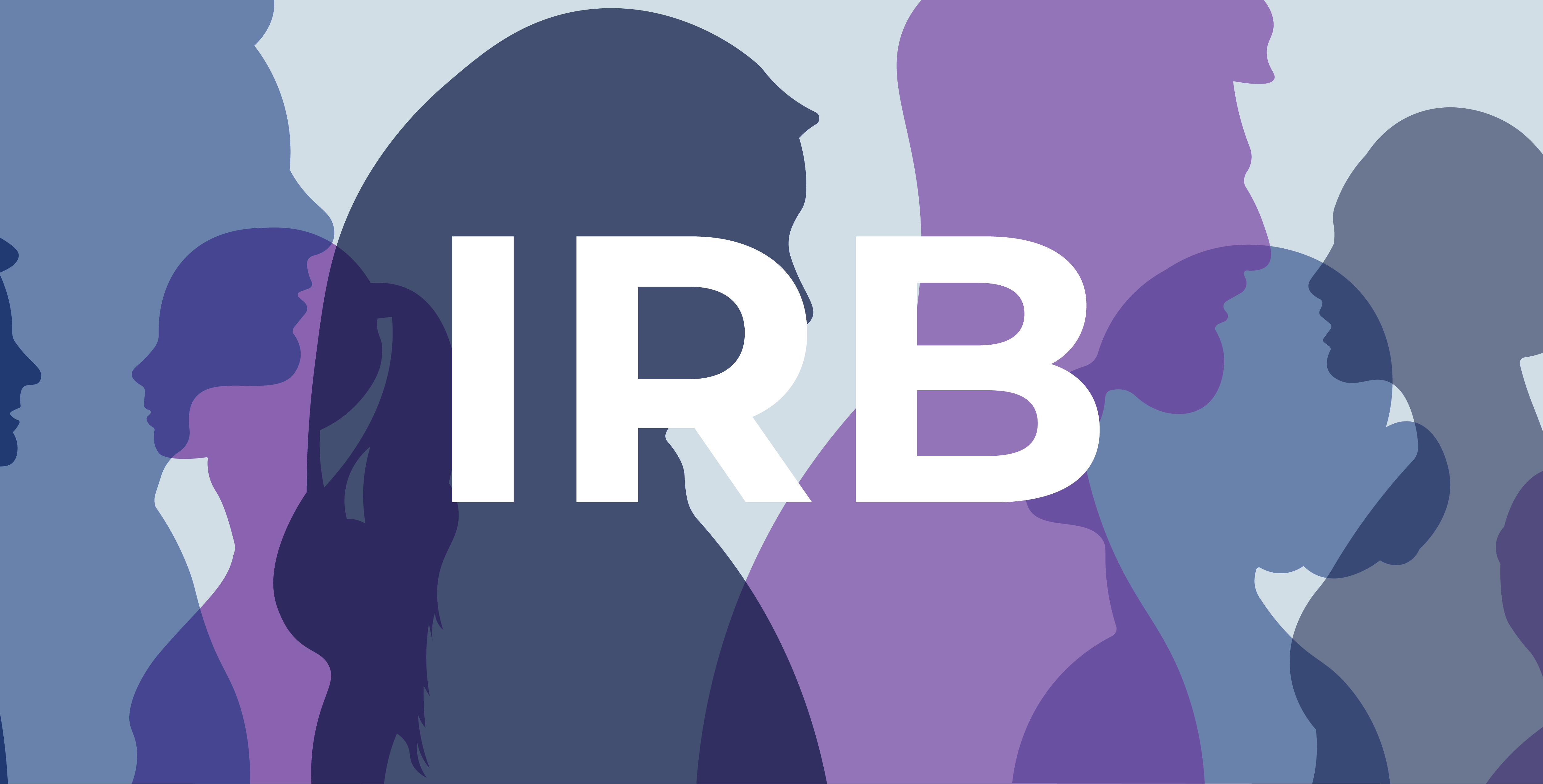Ethics in Gender-Inclusive Research Practices
By Office of the President | May 22, 2025

Exclusion can begin with a single word—long before research even begins. At Downstate, a team of researchers recognized that the language used in consent forms and study materials can either invite trust or create distance. Their work is now sparking a national conversation about how ethics, inclusion, and dignity must begin with the words we choose.
A new study, “Incorporating Gender-Neutral Language in IRB Materials: Perceptions of IRB Professionals,” was recently published in Ethics & Human Research and led by a team deeply rooted in Downstate’s values. The authors—Kevin L. Nellis, MS, MT(ASCP), CIP, Executive Director, Human Research Protections and Quality Assurance Research Foundation for SUNY; Ronnie Lichtman, CNM, LM, PhD, FACNM, Midwife and Professor Emeritus; Jeffrey M. Birnbaum, M.D., Associate Professor of Pediatrics and Public Health and Executive Director, HEAT Program; Stanley Friedman, M.D. (retired), and Elise Zwicklbauer, BS, Medical Student, COM; bring a wide range of experience in midwifery, adolescent health, HIV care, LGBTQIA+ advocacy, and clinical research ethics.
The study, which surveyed over 600 IRB professionals and research staff nationwide, uncovered an apparent disconnect: although 76 percent supported the use of gender-neutral and inclusive terms, like using “they” for a single person or “pregnant person” in place of “pregnant woman,” less than half reported that their institutions had put those practices into action. For some institutions, the change was not a priority; others pointed to limited resources. A few respondents mentioned concerns about political pushback or differing philosophies; however, most cited more practical hurdles, like the absence of a federal mandate or not having considered the shift yet.
Younger respondents, women, and those in social-behavioral research were significantly more likely to support inclusive language than those working in biomedical fields, indicating clear generational and professional divides.
Adding complexity to the issue is the rapidly changing federal landscape. In January 2025, a new executive order barred federal agencies from using terms like “gender,” “they/them” pronouns, “intersex,” and “pregnant person” in official policies and documents. This policy shift has removed federal guidance on LGBTQIA+ data collection and inclusive language. The Downstate research team pivoted to revise their literature review during the final stages of publication, after several of the government sources they had cited were taken offline.
Even as national policy shifts and political tensions rise, the Downstate research team stayed grounded in one essential truth: research participants should always be addressed in ways that affirm their identity and humanity. Language is more than a formality; it is a foundation for building trust, especially in research settings where dignity and respect are paramount.
The team’s message is clear: national organizations like PRIM&R and AAHRPP must offer consistent, evidence-based guidance to help IRBs navigate the intersection of ethical responsibilities and political realities. Institutions, including Downstate, must also do their part by regularly reviewing and updating consent forms, recruitment materials, and internal protocols to keep inclusivity at the forefront.
Downstate is already setting the standard. During the study, the IRB updated its guidance and consent templates to reflect more inclusive language, and additional changes are on the horizon, shaped by both the study’s findings and the shifting national landscape. Our proactive approach signals a deep and ongoing commitment to ethical, inclusive research, ensuring that respect for participants remains central, regardless of how policies or politics may change.
In addition to the esteemed authors, we thank Carla Boutin-Foster, M.D., MS; Sabina Hirshfield, Ph.D., and Charlie Monlouis Anderle, Student, Midwifery program, who were instrumental in shaping the project from early planning through implementation.
For more information or to request a reprint, please contact kevin.nellis@downstate.edu.
Tags: Research